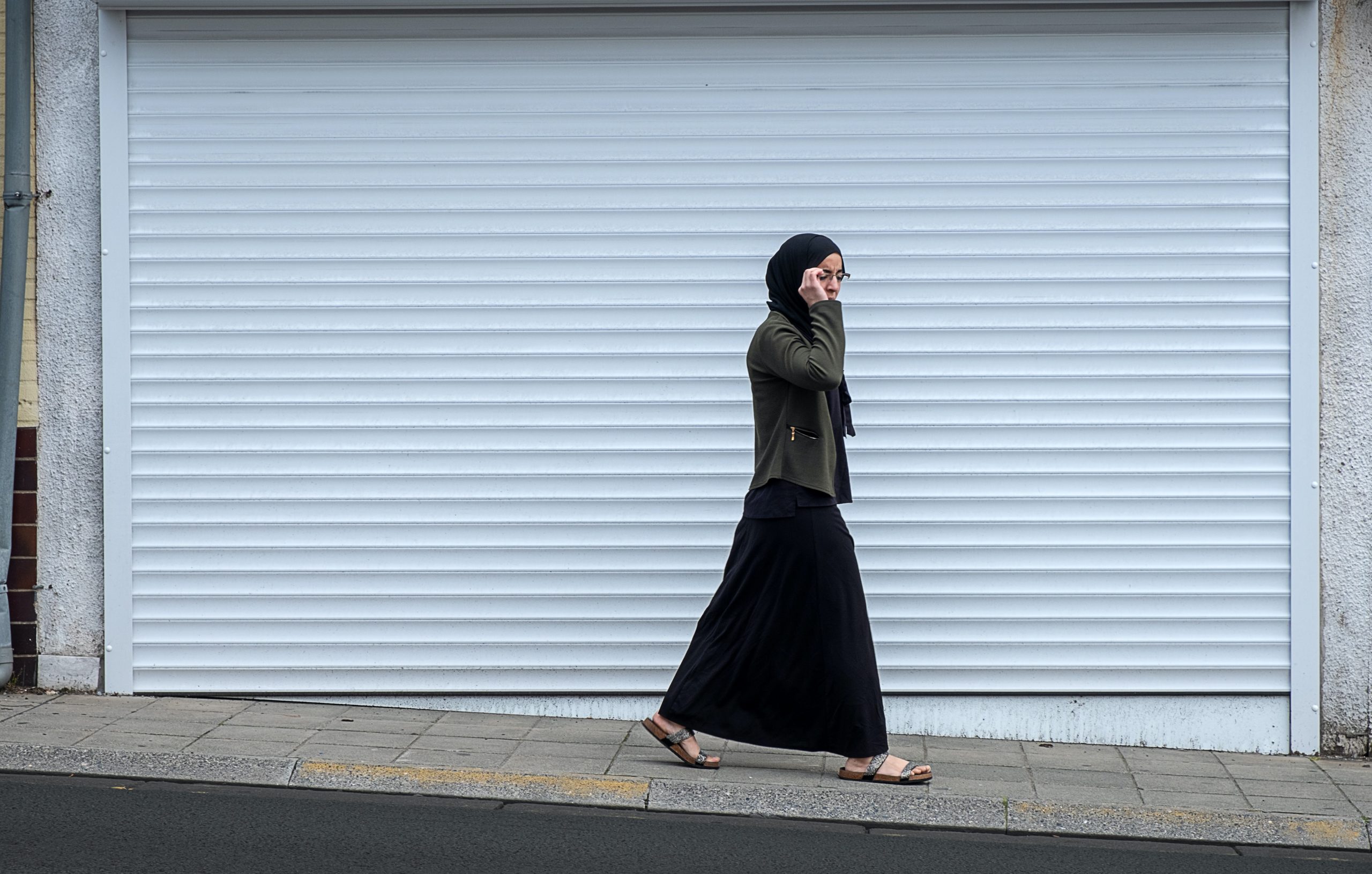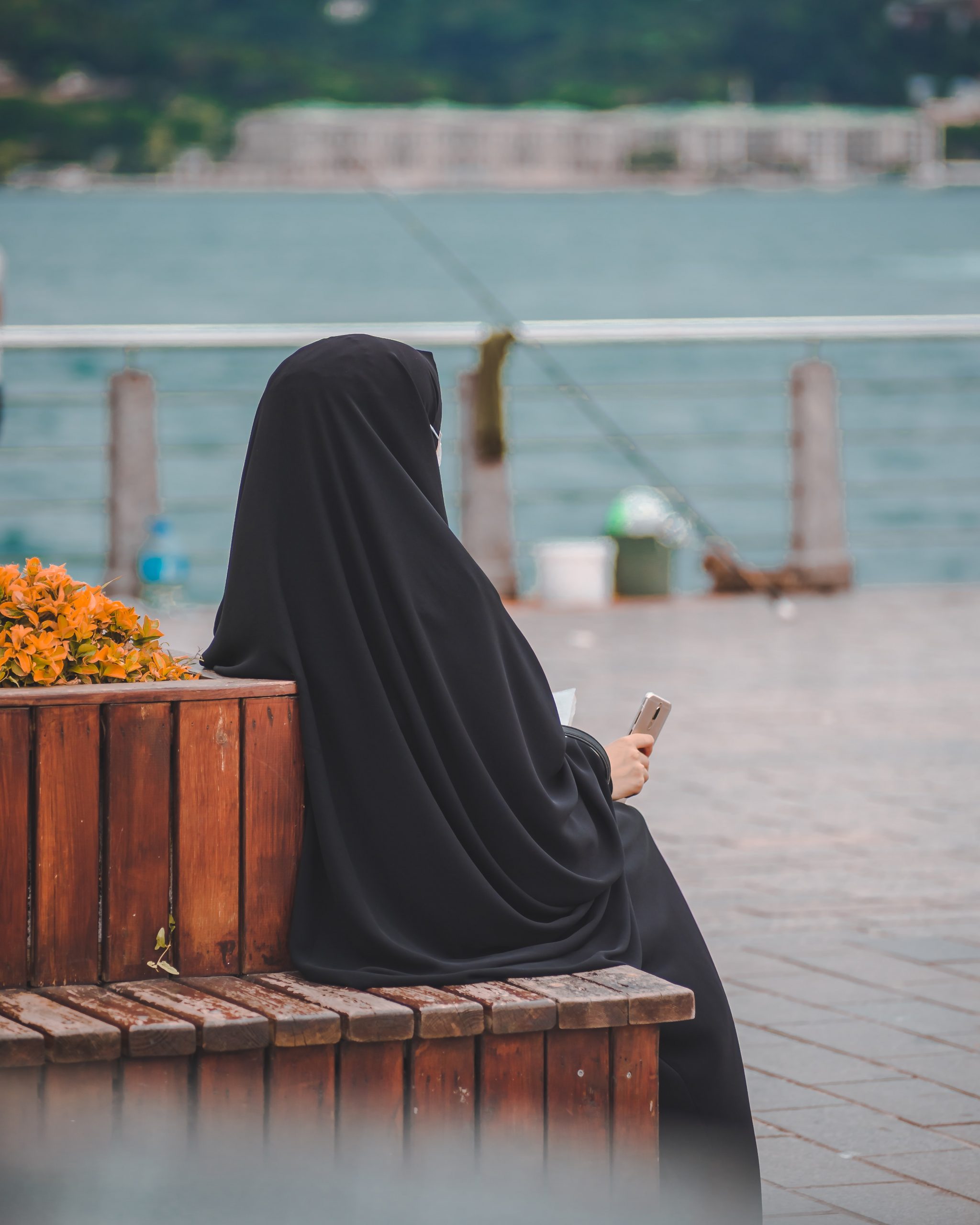Europe’s history of religious persecution and discrimination is as long as it is consistent. From the bloody Crusades, the constant aggression between protestant and catholic nations, to instances such as the Dreyfus Affair, Europe has been gripped by religiously motivated violence and tension. In our contemporary period however-this violence has been replaced with subversive demonisation and isolation.
From degrading jabs from Prime Minister Boris Johnson, to Priti Patel’s (Home secretary) new refugee overhaul, Britain continues to contribute to the historical discrimination. The most recent development in this trend however comes from the EU and the ruling of its highest court-the ECJ.
On the 13th March the ECJ ruled that bans for ‘any political, philosophical or religious sign’ are lawful in certain circumstances. These circumstances are if a business wishes to conduct itself in a ‘neutral’ manner and if they are consistently enforcing the ban across all faiths and philosophies.
What the ECJ fails to realise is that this verdict shamelessly allows for legalised religious discrimination. Allowing businesses to fire employees for expressing their personal religious beliefs is an invasion of their freedom and an attack on their personal identity. This precedent will only lead to further isolation and ostracisation of the Muslim and Jewish communities who are already struggling across the entirety of the EU.

Ban Implementation
What is yet more confusing about this new ruling is that it directly contradicts one that was previously made by the European court of human rights. In 2013 the ECHR ruled that crosses were allowed to be worn to work, and that attempting to deny or terminate someone’s employment based solely on wearing one was unlawful.
Many would argue that this is an example of Islamophobia. In the case of a Christian women in her religious rights were unquestionably protected and she was allowed to wear a crucifix, yet when it came to protecting Muslim women and their religious clothing a court decided instead to implement a framework which allowed legal religious discrimination.
For many Muslims in Austria and the German state of Bavaria, this ruling will come as no surprise. Full-face veils have been banned in these regions for years now. These laws directly target Muslim women who wear burkas and saw the vast majority. Austria and Bavaria will now feel emboldened in their decision, they will point to the ECJ’s verdict as the rest of the EU catching up with their policies.
Extending the power of employers over their workers will only lead to further frustration amongst the working class. This combined with the enforced isolation of many communities and ethnic minorities will increase the cultural divide in Europe.

Internal and External Backlash
The backlash to the ECJ’s ruling was immediate and widespread. Unsurprisingly, much of this backlash came from Turkey, a member of the EU with a predominantly Muslim population. Many of Turkey’s cabinet ministers have come out against the ECJ’s decision citing it as ‘a blow to the rights of Muslim women’.
Ibrahim Kalin, Recep Tayyip Erdogan’s spokesperson went a few steps further by saying ‘play right into the hands of those warmongers against Islam in Europe’. Erdogan’s communication director Fahrettin Altun also criticised the decision, ‘Instead of denouncing its dark past, Europe now seeks to embrace it’.
While much of this is hyperbolic, they are correct when they say it is a way of supporting Europe’s history of religious persecution. Allowing for employers to openly discriminate against Muslim women will only go on to embolden racists and xenophobes to a horrific degree.
Hundreds of writers and columnists have called out this decision with the hope of curbing its effect and possibly shortening its existence-but there is still much more to be done.

The Issue with ECJ’s Neutrality Argument
Part of the ECJ’s decision was constructed from the idea that having employees with religious items and attire somehow creates a non-neutral image and environment. They also assert that customers could have ‘legitimate’ concerns about an employee’s religious attire. The obvious issue here is that there is no such thing.
By insinuating that religious employees promote a non-neutral image the ECJ is determining that their identity is a possible issue for employment, something that would be illegal in almost every other case. Denying or terminating someone’s employment for something that is considered a human right is beyond deplorable and must be overturned immediately.
Furthermore, allowing customers to have the power to dictate a business’s workers will lead to even more problems-a business should be run by the managers and workers, not the people utilising the business. Contributing to an already one-sided power imbalance will lead to further discontent from workers across the EU, especially in France where strikes are common.

Ensuring our own acceptance
While there are many arguments for pursuing a secular society that pursuit should never include legal discrimination against religious and philosophical groups. The decision made by the ECJ will help destroy the multicultural balance of Europe in pursuit of one homogeneous demographic group.
While legal precedents such as this form a challenge for those who support inclusion and diversity, they do not make it impossible. It is still vital that those who believe in diversity and freedom of religion support those in the EU who could become victims of the ECJ’s ruling. We need to amplify the voices of those who are facing discrimination, not attempt to silence them further.
It is also crucial that we prevent any similar rulings from being upheld in Britain. Protecting minority ethnic groups from harmful legislation is one of the most impactful actions you can take in pursuing diversity and inclusion. Ensuring Britain follows an inclusive and welcoming policy will have an impact on how minority ethnic groups are treated in Europe. We must lead by example and showcase how important acceptance is to a successful and peaceful society.

